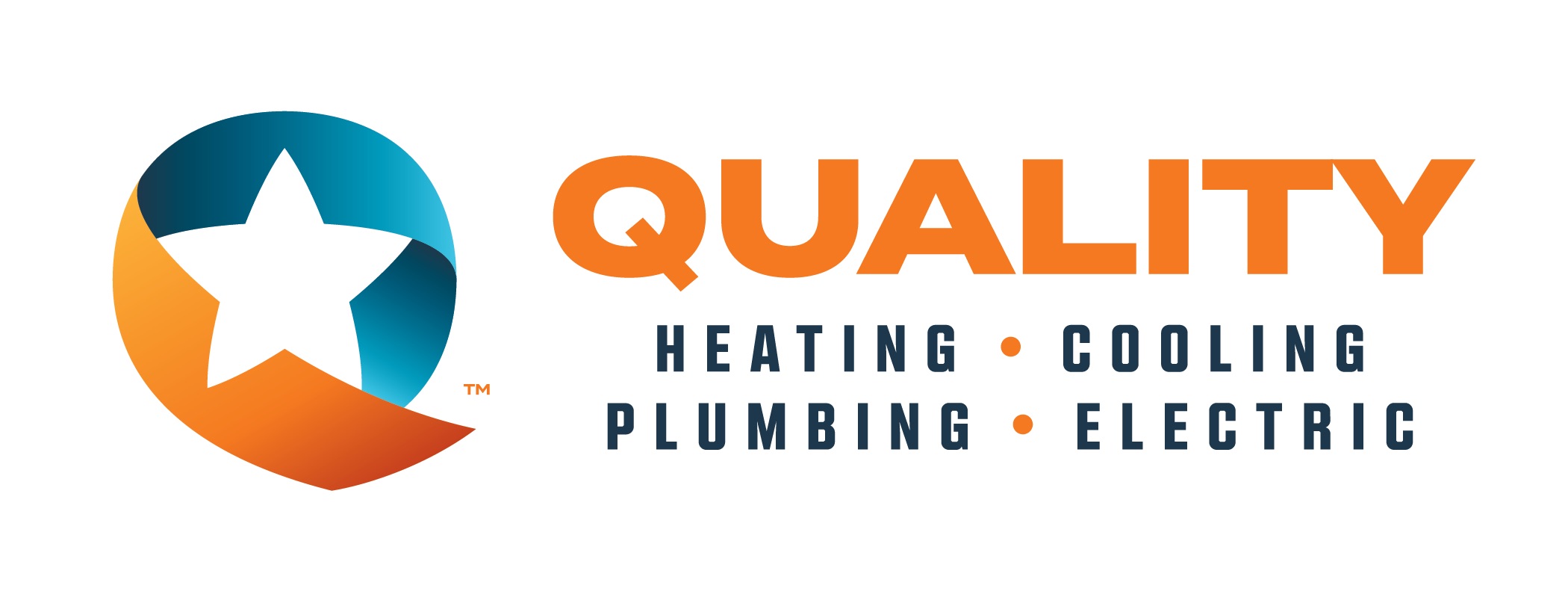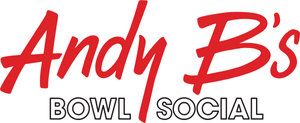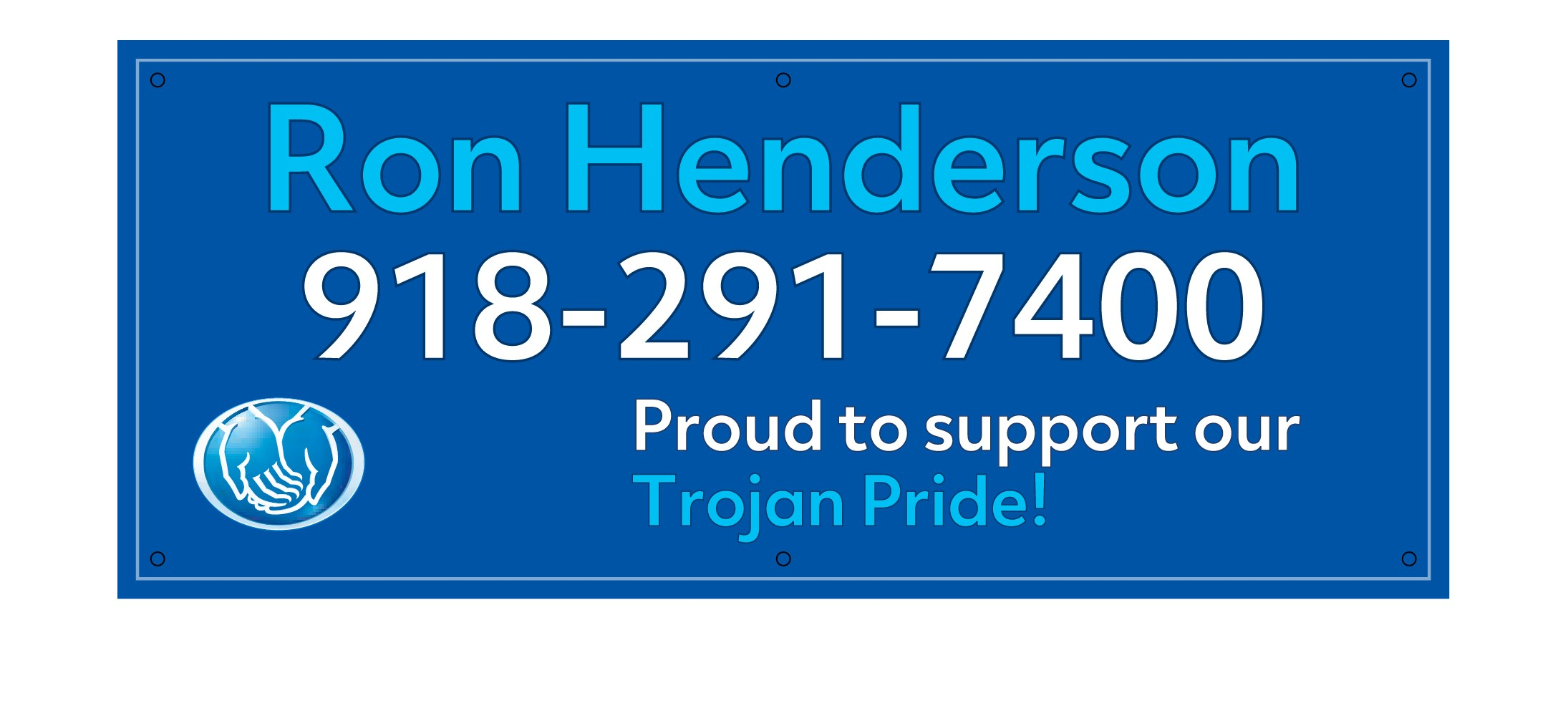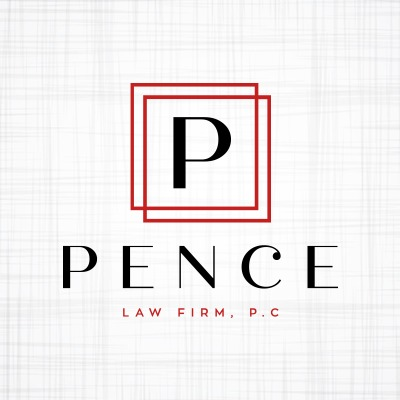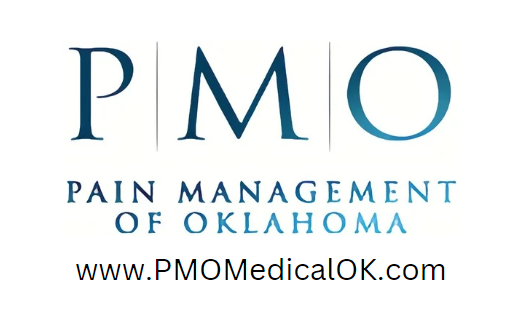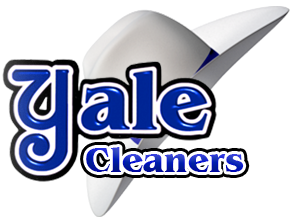STATE SOLO & ENSEMBLE INITIAL CONTEST INFORMATION (posted 3/10/25)
Entries that received a superior rating at District have been entered for OSSAA State Solo & Ensemble Contest. The contest will be held at Oklahoma State University, Stillwater and runs from Tuesday, April 22nd through Thursday, April 24th. We have requested to participate on Wednesday, April 23rd. There is no guarantee that our request can be honored, but most years it has been granted. The schedule is usually released in early April. After that, complete information about state solo & ensemble contest will be added. Initial/tentative inforamtion should be shared with accompanists in preparation for the contest.
--------------------
DISTRICT CONTEST INFORMATION (posted 2/19/25)
The schedule for District 13, Site 36, HS Solo & Ensemble Contest is now available on the Oklahoma Secondary Schools Activity Association (OSSAA) website.
To find a full schedule, copy and paste the following website address below onto your website browser:
http://gvlabs.com/festivalmanager/ossaa/src/schedule_display.php?contest=27&audience=public&uid=-1
To see Jenks High School performances only, select Scott Hillock at the top for View by Director and the schedule for Jenks will appear. This year, all our entries are in the morning between 7:55am and 12:00pm. It is recommended that students arrive at least an hour before their first performance and allow plenty of time for warm-up, tuning, coordination of personnel and any travel time.
This schedule is also posted on the board in the band room.
The contest is being held at Sapulpa High School. Students are responsible for getting to and from the contest via a parent or responsible adult. There will be no buses for this contest. Students should notify their accompanists of your scheduled time and any additional information they might need. Accompanists can also log into the OSSAA website and view their entire schedule for the day if they are a registered accompanist.
Make sure to allow plenty of time to warm up and locate your performance room(s). It is a good idea to be at the room early. Ensemble members should communicate with everyone involved and come up with the best plan for the day. Being prepared will help increase the best possible warm-up and performance for the day.
Originals to all solos and ensembles that belong to the school will be passed out before the contest (either Friday, February 28th or at the contest site that morning) through Mr. Hillock, Mr. Gartner, Mr. Stevenson, Mr. Jensen, Mr. Martin and Mrs. Johnson. Scores for ensembles will be given to the leader of each group. Do not lose this music - you cannot perform without the original score or solo part. The judge looks at the original while you are performing. After your performance, quietly and patiently wait in the back of the room for the judge to return the original to you. Do not talk to a judge at any time unless the judge first talks to you. Do not leave until the music is returned. Do not wrinkle or mangle this music. It needs to be kept in good condition for future use. Any lost or damaged music that belongs to the school will be replaced at the expense of the student. ALL STUDENTS MUST RETURN SCHOOL ORIGINALS ON THE FOLLOWING MONDAY.
Measures must be numbered on the scores for the judges. School originals will already be numbered. If students are using music that does not belong to the school, students must make sure the measures are numbered.
Students should be dressed properly for a performance – business casual or concert attire. Jeans, t-shirts, or tennis shoes are inappropriate for this venue and should not be worn for this event. Dress up and look nice. Button-down shirts or blouses, slacks, skirts, or even black concert attire are considered appropriate for this event.
All instrument cases should have a tag with your name, contact information, and school on it.
Percussion players will need to talk with Mr. Stevenson and Mr. Martin so you know what instruments to take and what instruments are being provided. Percussion students will also need to know when equipment will be loaded and unloaded on the truck. Students, not Mr. Stevenson or Mr. Martin, are responsible for the loading and unloading of all equipment before, during, and after the contest.
Here are a few other important things to make you all aware of:
- The room set up will be the same as last year - Percussion in the Band Hall and everyone else in the Junior High section of our building. (Our Sapulpa Junior High/High School are connected in one building, so don't let that confuse you.)
- Everyone should park and enter from the back side of the school, across from our football stadium. There will be no entry from the front side.
- All of the brass/woodwind performance rooms are located in the Junior High classrooms. The percussion warm-up area and performance room will be in the High School Band Room. You can easily enter both of these spaces from the back parking lot. There will be plenty of signs posted to show you and your students where to go.
- The woodwind, brass, and string warm-up area will be the JH gym. The entry to the JH gym is located directly behind our Band Hall.
- Percussion equipment will need to be unloaded at the garage door of our Band Hall. You will be able to unload your equipment directly into the Large Band Room, which will serve as the percussion warm-up room.
- Percussion students will travel from warm up in the Large Band Room to the Small Band Room, which is across the hall and will be the main percussion performance room.
- The following percussion equipment will be provided in the percussion performance room, if students would like to use:
Pearl Concert Bass Drum
Set of Timpani (23”, 26”, 29”, 32”)
1 Malletech 5 Octave Marimba
1 Adams Concert Glockenspiel
2 Musser Vibes (1 Gold, 1 Silver bars)
3 Yamaha Acoustalon Marimbas (Low A)
1 Adams Artist Marimba (Low A)
1 Zildjian 24” Tam-tam
1 Yamaha Xylophone
Adams Chimes
- There will be a concession stand located outside the JH Gym warm-up area for your students to enjoy.
Ratings will be posted in the Warm-Up Area. QR codes will most likely be posted throughout the facility as well.
Make sure that you are on your best behavior while at the contest. Remember that you are representing Jenks Public Schools and the city of Jenks. Be polite and courteous. Follow posted rules and signs. Stay out of areas that are posted as off limits. Do not be loud or obnoxious in hallways or warm-up rooms. Do not run down any halls.
Results will be posted and periodically updated throughout the day in the warm up area. As the day progresses, fewer updates are posted. All results will be posted at the end of the day on the OSSAA website. To find results, the same link as before should display the scores. Scroll down to District 13 instrumental and click on scores.
Good luck. Hope things go well for you. Hope things go like you want them to go. Hope things go like you have been practicing them. We will see you there on Saturday.
Entries that receive a superior rating and qualify to be eligible for state contest will be entered for State Solo & Ensemble Contest, which could be scheduled between Tuesday, April 22nd through Thursday, April 24th. We will request to participate on Wednesday, April 23rd - hopefully OSSAA will able to honor our request. Complete information about state solo & ensemble contest will be shared at a later date.
-------------------------------------
ENTRY INFORMATION (posted 1/22/25)
Entries have now officially been submitted. Regular practice (as prescribed) should continue in preparation for the contest.
A schedule is usually posted one to two weeks prior to the contest. A request for our entries to be scheduled in the morning has been made. There is no guarantee that this request will be granted. Most of the time schedule requests have been granted in the past, but not every year. Some or all of our entries may very well be scheduled for the afternoon.
Right now, students should not make any other major plans for the day. There is no benefit to adding a hurried, hectic, or stressed mentality to the day. Students need to be focused on the task at hand to help best insure excellent performances. Once the schedule comes out, any possible plans for later in the day can be solidified. Keep in mind that the schedule is constructed by the contest manager - not your band directors. While it may be imperative to tweak a performance time (a luxury that students are not entitled to), this would only be done by a director and out of absolute necessity. Many of our students (and accompanists) are involved in multiple events and moving even one performance can have a significant domino effect on the performance schedule. Aspiring to keep the original schedule will help the contest run in a timely manner for all involved.
Once the schedule is made public, final information will be added here.
-------------------------------------
GENERAL INFORMATION
Students may now begin signing up for Solo & Ensemble Contest. The deadline for students to sign up is Tuesday, December 17th.
District Contest is Scheduled for Saturday, March 1st at Sapulpa High School. No buses or transportation will be provided by the school for this event. Jenks will have many students participating at this contest and entries will be scheduled all through the morning and some of the afternoon. Students should not try to do two major events on this day (winter guard competition, piano competition, etc.) in order to avoid scheduling conflicts or complications with ensemble members and/or piano accompanists. If there is a foreseen conflict, requests can be made to Mr. Hillock and he will submit to the contest manager, but there is no guarantee that any request can be honored. Requests of this nature must be made before the January deadline. A performance schedule and itinerary will be posted about 2 weeks before the contest.
For the contest, original music with measures numbered is required. (This is what the judge looks at while students are performing). Copies cannot be used as it does not comply with copyright laws. If a band director selects your music, they have the original and it will be passed out before the contest. If your private lesson teacher (that's not a band director) selects your music, you need to find out if they have the original and if you are allowed to use it for the contest. If not, then music must be ordered in time to be used for the contest. Do this early as it normally takes several weeks for music to be delivered.
As the availability of purchasing music online (ePrint) has become more prevalent in recent years, it is important to note that music must be properly copyrighted in order to perform at OSSAA events. Students should make sure that they are purchasing legal copies of music. It should also be noted that a great deal of music that can be purchased on the internet is not of the quality or appropriate for contests. Students should use sound judgement and/or get help before making final decisions regarding literature. Your director must approve all solos & ensembles in order to ensure that quality literature and appropriate length is being performed. ePrint music can be used if the copyright is indicated on the score or a receipt proving the purchase is included with the score. Without this, the music appears to be just a copy, cannot be used at the contest, and the performance is not allowed.
SOLOS
Students doing solos are responsible for finding their own musical selections and accompanist. It is standard for private lesson teachers to select student solos. However, a director is able to select a solo for a student if needed. Music is typically selected in the month of December and passed out to students in early January. Indicate on the sign up sheet if you need a director to select your solo.
Students will have to turn an accompanist name in early January. The deadline to turn in an accompanist name is Tuesday, January 14th. It is recommended that students start looking for their accompanist now in order to be ready to provide all needed entry information. It is standard to pay accompanists for both rehearsal and performance times. Fees vary according to accompanists, level of music, and time spent practicing. Click HERE to see a list of approved accompanists that has been used the last several years. Students do not have to use an accompanist from this list, but one should be selected that will enhance, not hinder the performance.
Solos do not have to be memorized, but must be at least 3 minutes in length. Solos that are not at least three minutes in length will be docked one rating at an OSSAA contest.
ENSEMBLES
Ensembles must be standard number and instrumentation (flute quartet, brass quintet, etc.). There is no mixing and matching of instruments – the ensemble must be exactly what the composer/arranger has called for in the composition. Duets are not allowed for Jenks High School band students so ensembles must be at least three members. Smaller ensembles are highly recommended. They are easier to coordinate and establish consistency. Larger ensembles are also encouraged, but may need the guidance of a director for proper organization, rehearsals, and performances. Odd combination of instruments are not recommended (and may not be entered) as there may be limited literature - both in quantity and quality. See below for a list of standard type ensembles*.
Students wanting to participate in ensembles should choose wisely the members who will be in their ensemble. A good ensemble member is reliable, available to consistently practice, responsible for their part, academically eligible, and should be similar in ability level with other members and/or the demand of the music. Students may not duplicate or be in two of the same kind of ensemble (for example – a student can be in a clarinet trio and a clarinet quartet, but they cannot be in two clarinet quartets).
When signing up, indicate the type of ensemble and the students who will participate in the ensemble. All students listed should consent to participating before entering the ensemble. Indicate on the sign-up sheet if you need a director to select your ensemble music. Sometimes the music selected requires a piano accompanist. If so, the deadline to turn in an accompanist name is Tuesday, January 14th.
*Standard Ensembles - (same instruments)
Flute - Quartet, Choir (could include Alto or Bass Flute), Trio (not very much literature available)
Clarinet - Quartet, Quintet ( include Bass Clarinet), Choir (could include Bass Clarinet, Eb Clarinet and/or Contra Clarinet), Trio (not very much literature available)
Saxophone - Quartet (2 Altos, Tenor, Bari), Choir, Quintet (not very much literature available)
Trumpet - Quartet, Trio (not very much literature available)
Horn - Quartet, Trio (not very much literature available)
Trombone - Quartet (could include Bass Trombone), Trio (not very much literature available)
*Standard Ensembles - (mixed instruments)
Woodwind Trio - (Flute, Oboe, Clarinet),
Woodwind Quartet - (Flute, Oboe, Clarinet, Bassoon)
Woodwind Quintet - (Flute, Oboe, Clarinet, Bassoon, French Horn)
Brass Quartet - (2 Trumpets, French Horn, Trombone)
Brass Quintet - (2 Trumpets, French Horn, Trombone, Tuba)
Woodwind Choir - (usually includes a mixture of all woodwind instruments)
Brass Choir - (usually includes a mixture of all brass instruments)
Tuba Quartet - (2 Euphoniums, 2 Tubas)
Percussion Ensembles - vary and completely depend on each composition
ENTRY FEES
Entry fees for district contest are as such: solo - $10.00, small ensemble (2-6 members) - $18.00, medium ensemble (7-12 members) - $36.00, and larger ensemble (13-18) - $54.00. The cost for each ensemble will be divided evenly between each member per ensemble. A break-down of cost per student is listed below. Costs are rounded to the nearest nickel.
Entry fees are due on Tuesday, January 14th (the same day as accompanist information is due). Students (solo or ensemble) who do not pay on time may not be entered for the contest. A list of entries is available for viewing HERE. A list of fees due for each student is listed HERE.
Solos - $10.00 per student, per entry
Trio - $6.00 per student
Quartet - $4.50 per student
Quintet (5) - $3.60 per student
Sextet (6) - $3.00 per student
Septet (7) - $5.15 per student
Octet (8) - $4.50 per student
Nonet (9) - $4.00 per student
10 member ensemble - $3.60 per student
11 member ensemble - $3.30 per student
12 member ensemble - $3.00 per student
13 member ensemble - $4.15 per student
14 member ensemble - $3.85 per student
15 member ensemble - $3.60 per student
16 member ensemble - $3.40 per student
17 member ensemble - $3.20 per student
18 member ensemble - $3.00 per student
PRACTICING GUIDELINES
Solos - the month of January should be a time for students to learn their music (notes, rhythms, dynamics, etc.). The month of February should be a time to begin rehearsing with piano accompanists and developing the finer details (expression, phrasing, dynamics, intonation, tempos, etc.) for a solid, musical performance.
Ensembles - ensembles should be practicing together once a week for proper prepartion. The month of January should be spent learning individual parts and how those parts fit together in the overall scheme of the music. The month of February should be spent developing the finer aspects (expression, phrasing, dynamics, intonation, tempos, etc.) in preparation for a solid, musical performance.
DEADLINES
Sign Up - Tuesday, December 17th
Accompanist Information - Tuesday, January 14th
Entry Fees - Tuesday, January 14th

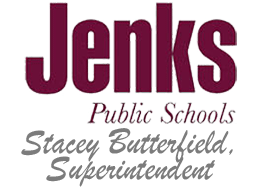
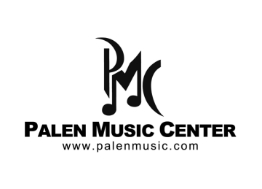




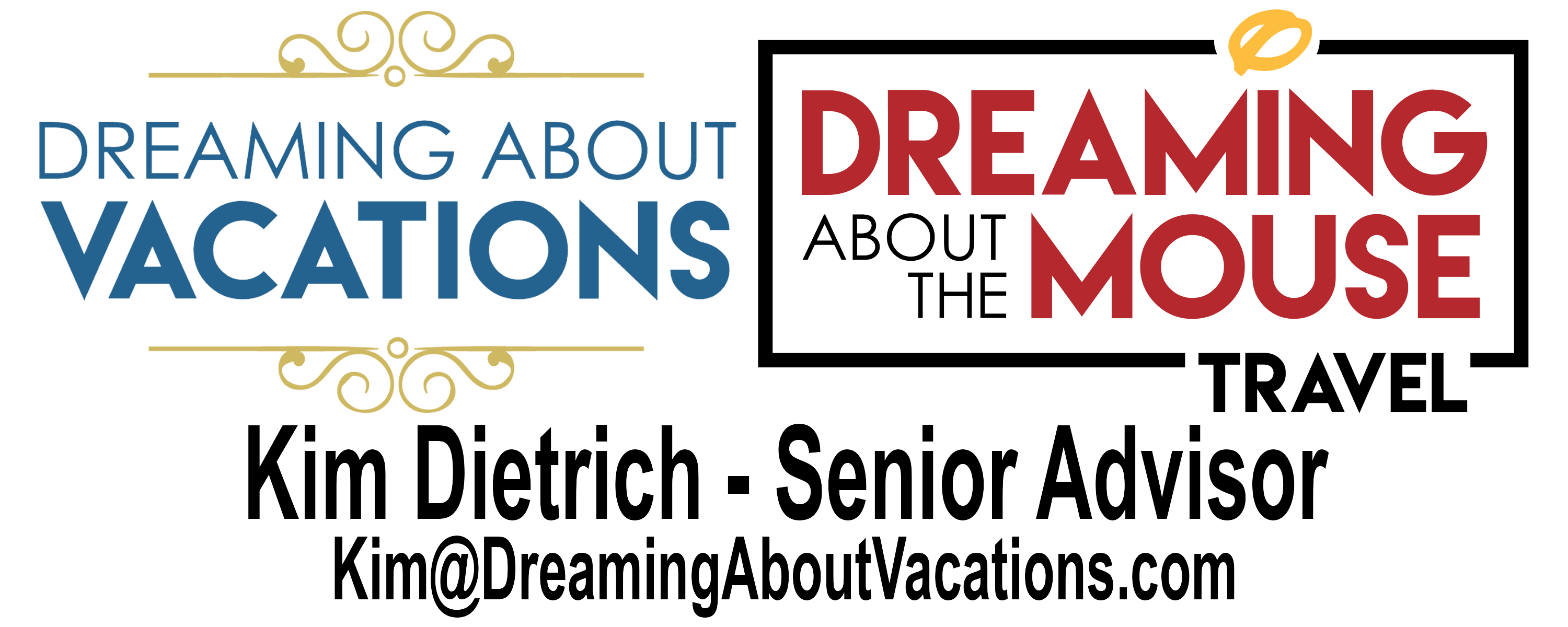
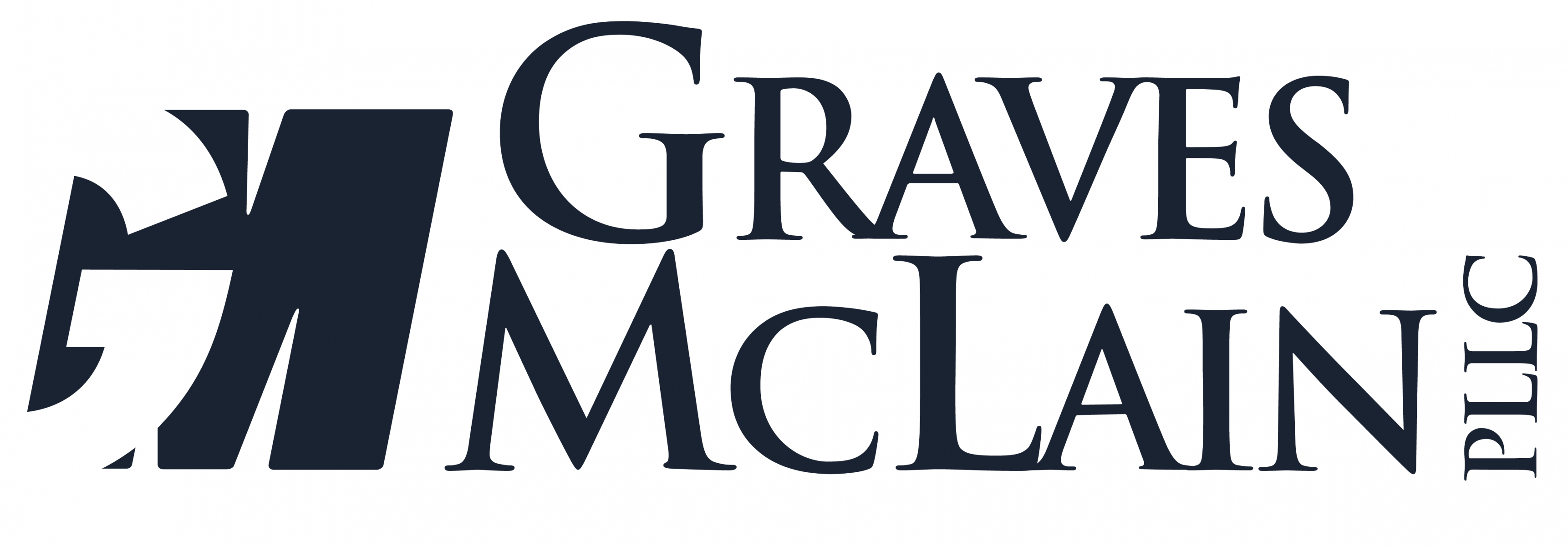
.png)


